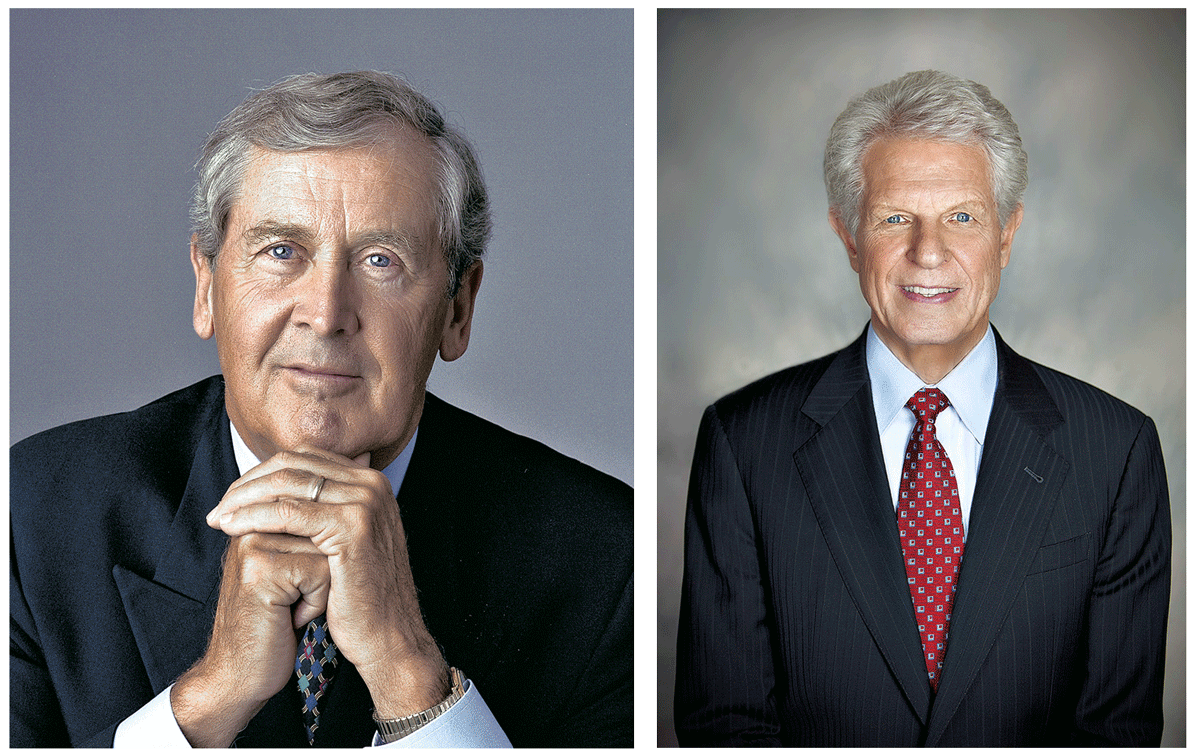If understanding the market is about understanding yourself to set your business strategy while also understanding your customers and their needs and wants, then positioning is about what you do to make those two things meet up. The purpose of positioning is to help buyers to quickly understand your offering, so when they are searching for solutions to buy, they can identify why your brand is relevant for the job they are trying to get done. You enable customers to better understand your value by framing what you do, to give it context. People can then know which box your brand fits into. Being aware of the options your target buyers might consider when choosing what to buy for their needs is key to determining which box to put yourself in.
Differentiation And Distinctiveness
Differentiate or Die and Positioning: the Battle for Your Mind are books that inform people how to position and differentiate their brand. In the 1960s the concept of Unique Selling Proposition was also widely used. Many branding professionals still subscribe to these approaches and stress the importance of identifying a unique brand benefit that competitors cannot match. They place an accent on being the only one, and on differentiating around a unique benefit.
Byron Sharp’s work has provided data from a range of different markets that shows that consumers do not perceive brands as different. It seems that brands are not radically different from competitors in the market. Sharp has thrown doubt on whether differentiation really is such a golden branding objective. The data suggests that distinctiveness should be the real driver of success.
The two concepts mean different things. With differentiation, you are trying to ensure your brand is perceived as different to its competitors. On the other hand, distinctiveness is about having a look and feel that is unique to you, so you are recognizable as yourself, and are not mistaken for other brands in your category. There is an ongoing debate on this topic, sparked by Byron Sharp’s book, How Brands Grow.
Some branding professionals ignore Sharp’s findings and continue to believe that brand positioning is about searching for a single attribute or association that a brand can own in the mind of the target consumer. On this view, brands that succeed stand for things that other brands do not. They own associations that other brands cannot claim. They succeed because they differentiate themselves in the market. Some such professionals espouse brand purpose and believe their brand is there to save communities, inspire peace, create harmony, and so on.
For me, knowing that these are current issues within the branding industry means that when I select professionals to work with on my brand, or to interview on my podcast, I want to find out their position on these issues.
According to Sharp, distinctiveness is achieved by using brand assets that stand out so people can recognize and identify your brand in different contexts. It is about choosing the brand name, logo, color palette, font, tagline, and images to be distinctive so you stand apart from competitors. Sharp argues that ‘distinctive branding lasts, differentiation does not’. He suggests that rather than striving for meaningful, perceived differentiation, marketers should seek meaningless distinctiveness. The research bears him out in multiple product categories. It seems our buyers are no different from our competitors’ buyers. So, is it worth trying to distinguish our offering from those of competitors?
To me as a lawyer, it is surprising that Sharp has to highlight the need for distinctiveness. Surely branding is essentially all about distinctiveness? How can you stand out otherwise? However, it seems that so much emphasis has traditionally been placed on brand meaning that often distinctiveness has been overlooked.
The fact that Sharp’s research emphasizes the importance of distinctiveness is a double reinforcement of what we already know from IP: that you need to set yourself apart in the name and brand assets you choose to avoid potential trademark conflicts. Businesses should consider competitors’ IP, so they can distance themselves from competitors in their own branding choices. The emphasis must be on making your branding choices to distance yourself from what competitors have chosen and own. The more distinctive your choice of brand elements, especially your name, the more you stand apart using IP (if, that is to make IP protection part and parcel of your visual identity creation process).
Contributed to Branding Strategy Insider by: Shireen Smith, excerpted from her book Brand Tuned: The new rules of branding, strategy and intellectual property
Branding Strategy Insider is a service of The Blake Project: A strategic brand consultancy specializing in Brand Research, Brand Strategy, Brand Growth and Brand Education




